Brain signals hint at speech delay in babies at high autism risk
Some infants who have an older sibling with autism show weak brain signals at 3 months of age.
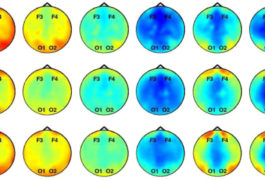
Some infants who have an older sibling with autism show weak brain signals at 3 months of age.

Watch the complete replay of Connie Kasari’s webinar on the efficacy of autism therapies.
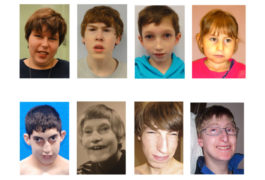
Children with mutations in a gene called DYRK1A, a leading autism candidate, have a distinct set of features, including intellectual disability, speech delay, motor problems and a small head.
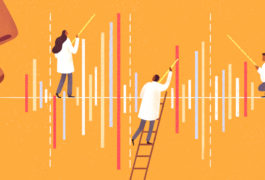
Adults who have autism speak with unusual emphases and tone, but their speech still conveys the intended emotions.
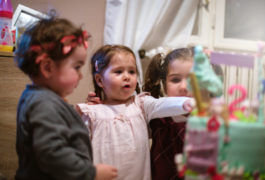
Babies with autism show behavioral and brain features that differ from those of babies with language delay.

Some drugs used to treat epilepsy may harm children who are exposed to them in the womb or through breast milk.
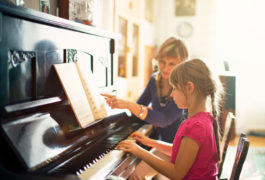
Music therapy does not alleviate autism features, according to a large international study.
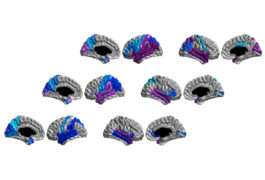
Babies who are later diagnosed with autism may show aberrant connections between some brain regions in their first year of life.
Transcranial treatment may bolster memory in adults with autism, inflammatory molecule may alter an emotional brain region in newborns, and examining ants could yield insights into autism
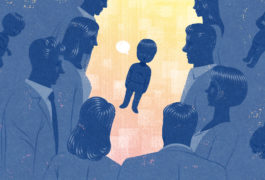
The loss of abilities that besets some toddlers with autism is probably less sudden and more common than anyone thought.